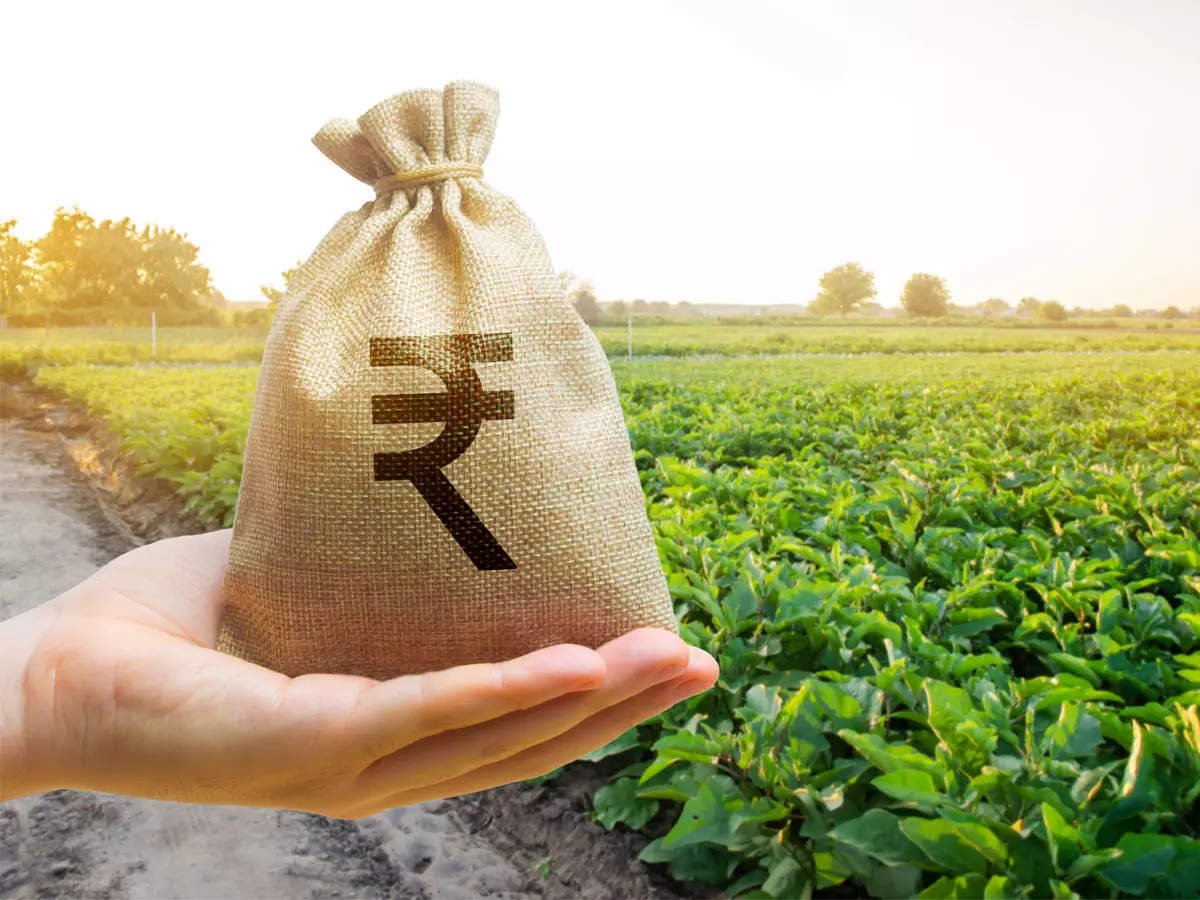Agri sector appreciates Union Budget 2024
Experts from the agri sector have praised the announcement that aims to encourage more private and public investment in areas of post-harvest activities
The agricultural sector has expressed its appreciation for the Union Budget 2024. Experts from the agri sector have praised the announcement that aims to encourage more private and public investment in areas of post-harvest activities. This includes aggregation, modern storage, efficient supply chains, primary and secondary processing, as well as marketing and branding. This step is considered laudable and has been welcomed by the industry.
MK Dhanuka, Managing Director, Dhanuka Agritech said,
“We commend the Finance Minister Nirmala Sitharaman’s budget announcement for adhering to the path of fiscal consolidation and yet presenting a far-sighted budget. The announcement to further encourage private and public investment in areas of post-harvest activities including aggregation, modern storage, efficient supply chains, primary and secondary processing and marketing and branding is a laudable step. The move will help reduce huge wastage and in turn, help in enhancing farmers’ income. The focus on promoting ‘Research & Development’ as well as on technological advancement in various aspects including agriculture is also a step in the right direction. The decision to promote the application of Nano DAP on various crops in different agro-climatic zones is in line with the Government’s vision of promoting technological advancement in the rural sector. We have already witnessed the huge amount of savings to the tune of Rs 2.7 lakh crore that ‘Direct Benefit Transfer’ has resulted in.”
Amit Patjoshi, CEO, Palladium India said,
“We commend the government’s strong commitment to the agricultural sector evident in the Budget. The focus on value addition and income augmentation for farmers is pivotal, and the success of initiatives like Pradhan Mantri Kisan Sampada Yojana, benefiting 38 lakh farmers, is truly commendable. The support extended through Pradhan Mantri Formalisation of Micro Food Processing Enterprises Yojana, assisting 2.4 lakh SHGs and 60 thousand individuals, reflects a holistic approach towards empowering the agricultural community. The emphasis on reducing postharvest losses and enhancing productivity aligns with the sector’s long-term sustainability. Furthermore, the launch of schemes promoting climate-resilient activities for the blue economy 2.0 is a forward-looking step. This integrated and multi-sectoral approach for coastal aquaculture and mariculture, coupled with restoration and adaptation measures, holds promise for sustainable growth. Overall, this budget signals a positive trajectory for the agricultural sector, laying the foundation for a more resilient and prosperous future.”
Mohan Kumar Mishra, Secretary, National Council of Cooperative Training (NCCT) said,
“This budget is people-centric and focuses on agriculture, rural development, and fisheries, with a strong emphasis on farmer cooperatives and value addition.
Many initiatives are continuations of previous budgets, aiming to strengthen the rural credit structure. Primary Agriculture Cooperative Credit Societies (PACS) are expected to emerge as multi-service centres for rural prosperity with financial support and credit availability.”
Dr Sat Kumar Tomar, Founder & CEO, Satyukt Analytics said, “The Budget 2024 has resonated positively with the agriculture sector, aligning with our expectations for a technologically driven, sustainable farming approach. While the integration of IoT devices for precision farming wasn’t explicitly mentioned, the focus on farmers is evident. Crop insurance coverage for 4 crore farmers under the PM Fasal Bima Yojana ensures risk mitigation. Additionally, the announcement of rooftop solarisation benefiting 1 crore households aligns with sustainable farming goals. The commitment to Direct financial assistance for 11.8 crore farmers under the PM Kisan Samman Yojana reflects a dedication to enhancing the 3Ps of agricultural business: productivity, predictability, and profitability. However, the industry was expecting more industry-centric announcements in this budget to further catalyze growth and innovation in the agricultural sector.”
Jinesh Shah, Managing Partner, Omnivore opined, “Despite the brevity, the interim budget offered some interesting interventions. Specifically in the agriculture sector, encouraging public-private partnerships for post-harvest activities can directly address the chronic issues around food waste, low-capacity utilization of processing units, and standardised quality. India’s dependence on edible oil imports has been a shadow on the atmanirbhar sentiment of the country. With the Atmanirbhar Oil Seeds Abhiyan, a reboot of the Yellow Revolution is afoot. This not only serves to make India self-sufficient in edible oil but also, with efficient implementation, will have a lasting impact on farmer incomes.
One of the most interesting aspects of the budget was the emphasis on green initiatives, specifically on alternative materials. The government’s support of regenerative practices will provide young startups in this space the necessary credibility in the global markets.”
Experts from the agri sector have praised



